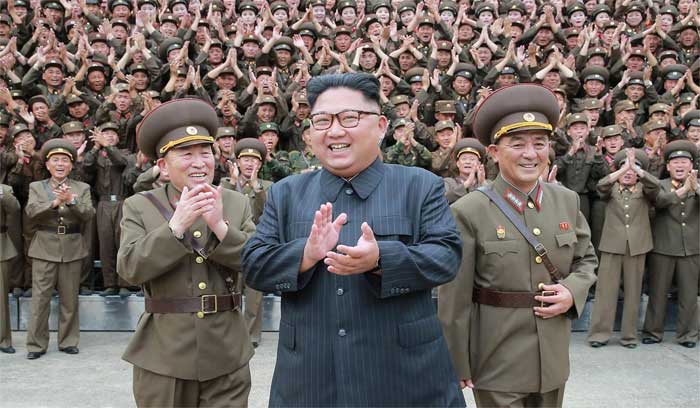Kim Ho
Recently, the Democratic People’s Republic of Korea (DPRK) has upgraded its WMD capabilities through provocations, such as ballistic missile launches and nuclear test preparations, undermining global peace and stability.
According to the annual report of the UN Sanctions Committee for DPRK released this April, last year alone, the DPRK launched various ballistic missiles, including ICBMs, on 73 occasions.
The launches would have cost the DPRK about $200 million, which is equivalent to the cost of 500,000 tons of rice. This is enough food supply to feed the entire population of North Korea for 46 days.
These rogue activities not only exacerbate its already devastating food shortage issue but also reveal that the DPRK is diverting its resources for food supply to weapons development.
Poor humanitarian conditions also continue in the DPRK, with no sign of improvement.
According to the report on human rights in the DPRK released this March 30 by the Republic of Korea, the DPRK publicly executed its people who distributed videos or traded cosmetics made in the ROK.
The human rights abuses against vulnerable groups such as women and people with disabilities are also serious. Outrageous human rights violations, such as executing a pregnant woman for pointing her finger at the portrait of Kim Il-Sung, and performing unethical human experiments on people with disabilities, are prevalent in the DPRK.
As the Kim Jong-Un regime is behind the human rights atrocities, the DPRK leadership and those involved in political prison camps must be held accountable for their actions.
These crimes against humanity may be brought to the ICC by the Rome Statute of the International Criminal Court or tried in a special tribunal established by a resolution of the UN General Assembly.
Taking judicial measures against Kim Jong-Un such as making his arrest or imprisoning him may be proved to be difficult for now, but the attempt itself will result in a significant political ripple effect and have a profound impact on the perpetrators.
In a situation where it is impossible to directly intervene with DPRK’s human rights abuses, I hope that such engagement exerted by the international community will lead to positive changes in the state’s human rights landscape.




